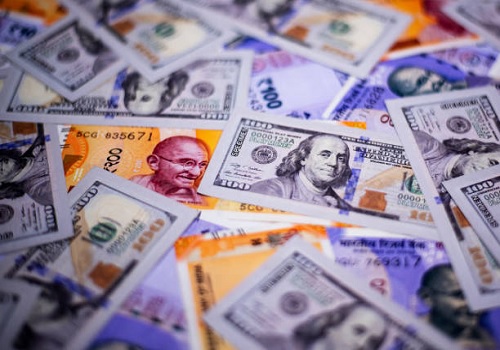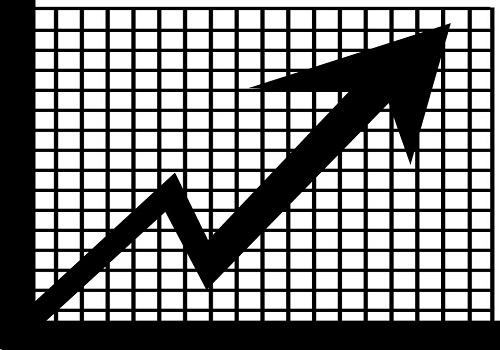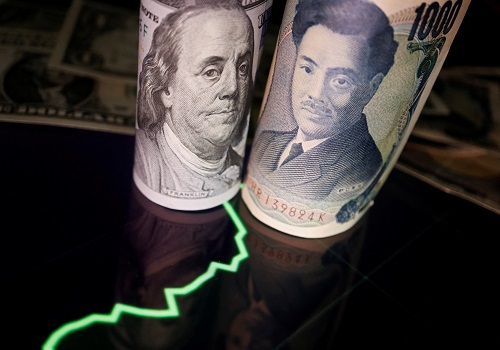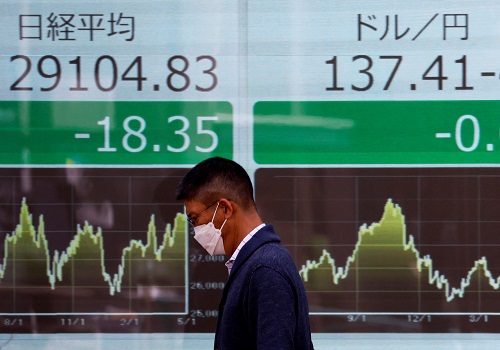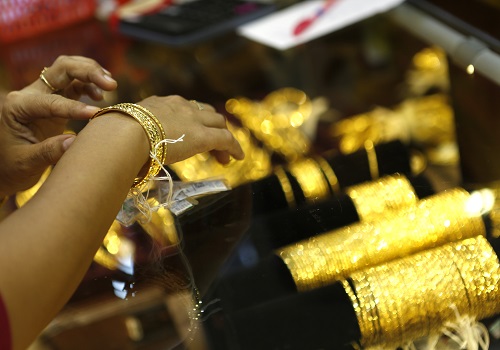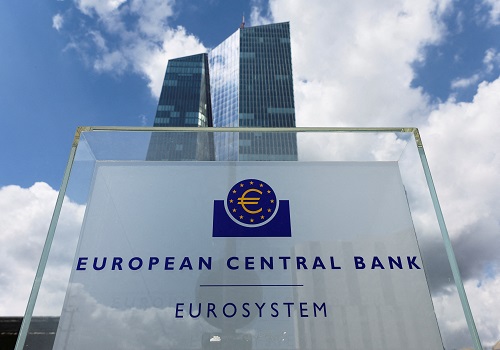Sterling rallies for 3rd day after BoE bond buys; U.S. dollar down
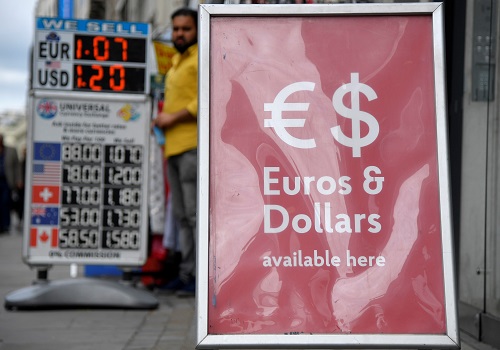
Follow us Now on Telegram ! Get daily 10 - 12 important updates on Business, Finance and Investment. Join our Telegram Channel
Sterling rose sharply in volatile trading on Thursday, rallying from record lows hit on Monday, after the Bank of England conducted a second day of bond buying to stabilize financial markets.
The pound posted its largest one-day percentage gain since March 2020 and last traded at $1.1076, up 1.8%. After hitting an all-time trough of $1.0327 three days ago, sterling has rallied more than 7% against the dollar.
The recovery in the British currency was due in part to the BoE's action. On Thursday, the BoE bought 1.415 billion pounds ($1.55 billion) of British government bonds with maturities of more than 20 years, the second day of a multi-billion pound program designed to stabilize the market.
"The BoE is showing creativity and willingness to respond to crazy markets," said Greg Anderson, global head of foreign exchange strategy, at BMO Capital Markets in New York.
But he noted that sterling gains as a result of the BoE's moves are not sustainable.
"Any time a central bank is undertaking a temporary intervention program, the market will certainly test this and see whether the central banks is going to keep doing this or not. But I wouldn't forecast that the pound's parity with the dollar is going to break."
Anderson added that he will be a seller of the pound at $1.10, with the likelihood of the currency going back down to $1.05.
Sterling initially fell on Thursday as Prime Minister Liz Truss defended her government tax-cutting budget.
The dollar, on the other hand, fell against a basket of major currencies. It was last down 0.4% at 112.148.
The euro rose 0.7% against the dollar to $0.9804.
Data showed euro zone economic sentiment fell sharply and by more than expected in September as confidence dropped among companies and consumers, who are also downbeat about price trends in the coming months.
The big focus, however, was German inflation, which jumped to 10.9% this month, far beyond expectations for a reading of 10%. That suggests the figure for the wider 19-country euro zone, due on Friday, is also likely to exceed the predicted 9.6%, reinforcing the case for another 75 basis-point increase at the next European Central Bank policy meeting.
That said, some analysts think the ECB's potential action is likely just a short-term boost for the euro.
"Rate increases can support a currency... But the process of inflation is never good for a currency, especially if inflation hasn't been tamed properly by the central bank," said Stephen Gallo, European head of FX Strategy at BMO in London.
"I would not want to own the euro simply because the ECB is hiking. I would want to own the euro when the U.S. dollar peaks, and when it becomes clear that euro zone inflation is moderating and when it becomes clear that the bloc is clear of a massive recession."
In other currency pairs, the dollar rose 0.2% to 144.355 yen.
Japan intervened last week to shore up a struggling yen. Finance Minister Shunichi Suzuki said on Thursday Japan's recent currency intervention was conducted to rectify market distortion caused by speculative currency moves. He signalled his readiness to intervene again if speculation persists.
Elsewhere, China's offshore yuan bounced about 1% to 7.0894 per dollar after Reuters reported state banks have been told to stock up for yuan intervention.
The risk-sensitive Australian dollar sank 0.4% to US$0.6494. A new measure of consumer prices showed annual inflation eased a bit from August to July, offering hope that cost pressures might be close to a peak. [AUD/]












 320-x-100_uti_gold.jpg" alt="Advertisement">
320-x-100_uti_gold.jpg" alt="Advertisement">

